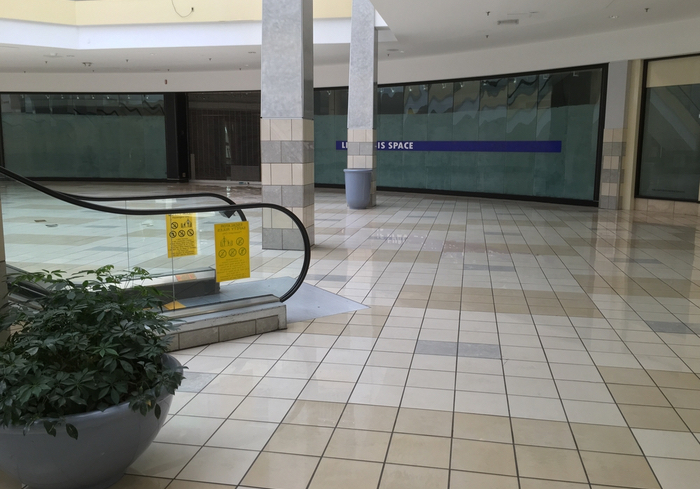How Malls Are Becoming The New Office Buildings

As malls as retail hubs are passing out of favor in an increasing number of locations, it seems yet another plan to repurpose them is springing to the forefront.
Malls may soon be the new workspaces for Americans.
As malls are dying off in some areas, crushed by empty storefronts, and big-box stores become fallen giants (think old Toys R Us locations), creative property managers and landowners are looking for some new, and perhaps unexpected, tenants to revitalize the spaces.
And there is an awful lot of space – by some estimates, 200 million square feet of retail space is closed or expected to soon close.
And co-working might just be the perfect space filler for the waning mall (and other retail) spaces. Co-working sites are predicted to grow at retail properties at a rate of 25 percent through 2023, according to a new report from real estate data firm Jones Lang LaSalle. Those shared office spaces, according to the same report, are expected to account for roughly 3.4 million square feet of retail space in the next five years.
“We feel very confident that integrating co-working into retail will be a slam dunk in urban areas,” Jamie Hodari, CEO of Industrious, told CNBC. “I think it’s pretty clear based on the demand analysis that we’ve already done that this will be successful.”
And it is an arrangement that works for workers and business owners like Adam Pittenger, founder and CEO of Moved. Pittenger told CNBC that by working out of WeWork‘s Fulton Center, he was able to grow his business from one employee to more than a dozen.
“There are intense benefits to the density of being in a space that is both commercial retail and close to residential,” Pittenger said. “Living in the era of ‘on demand,’ we all want things now.”
On his walk into work each day, for example, Pittenger passes an Apple store, a Moleskine kiosk, a Shake Shack and a handful of other retailers and coffee shops that he frequents. “Everything that I need is here … and there’s instant gratification.”